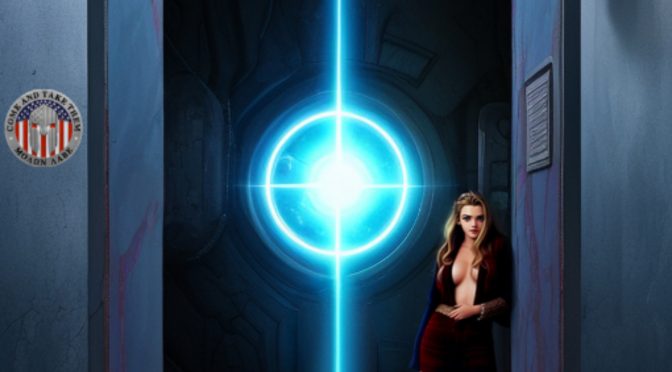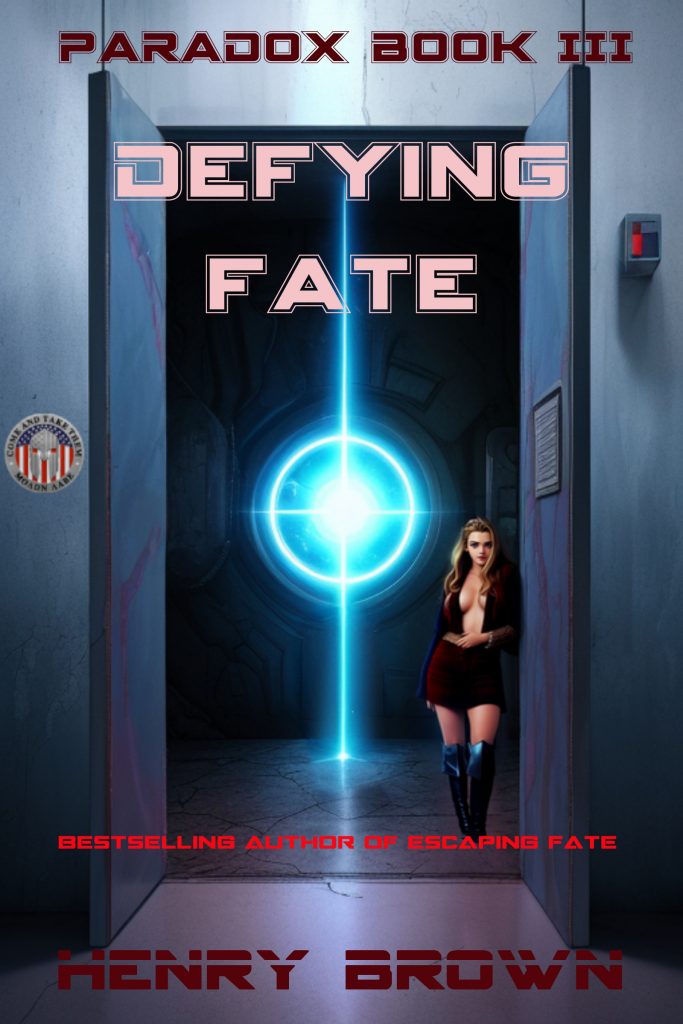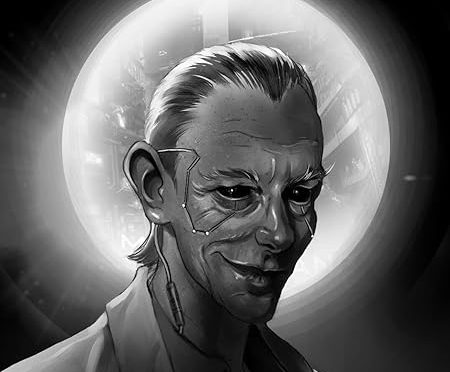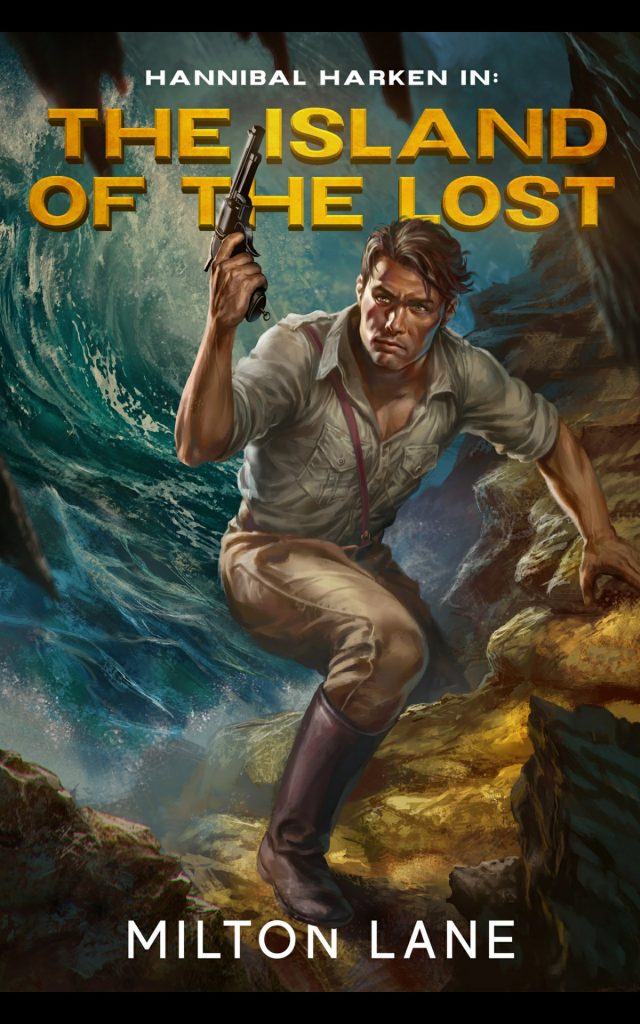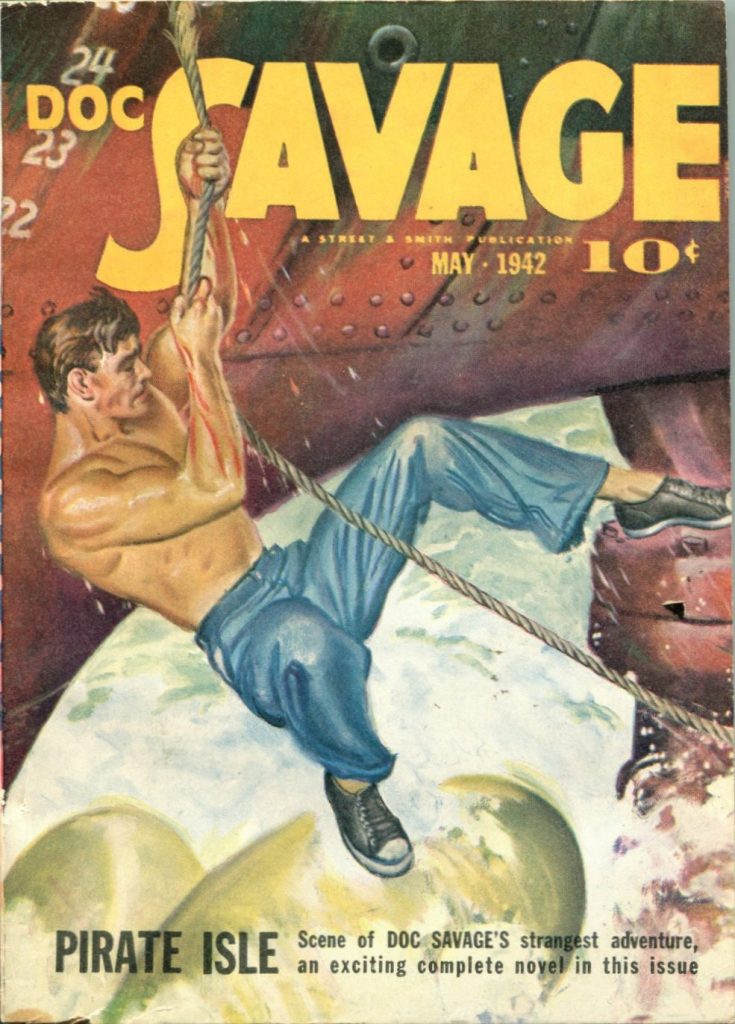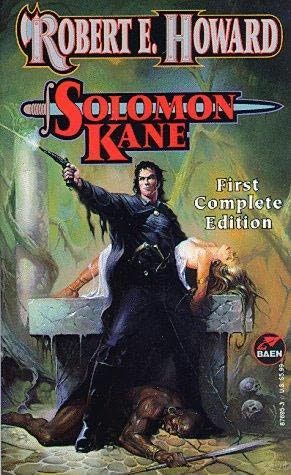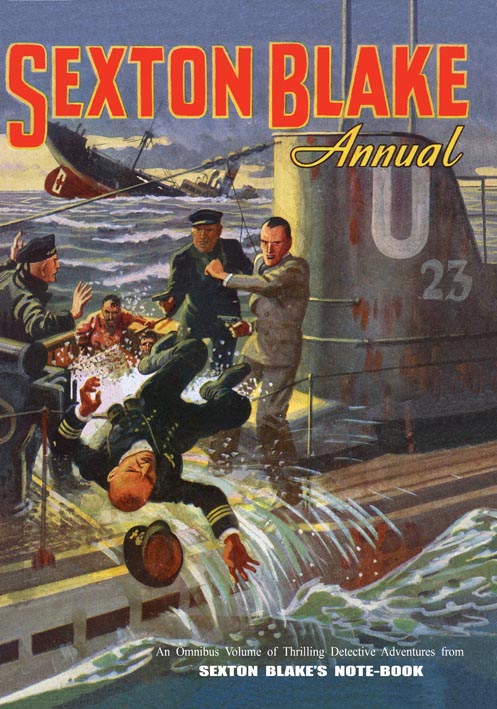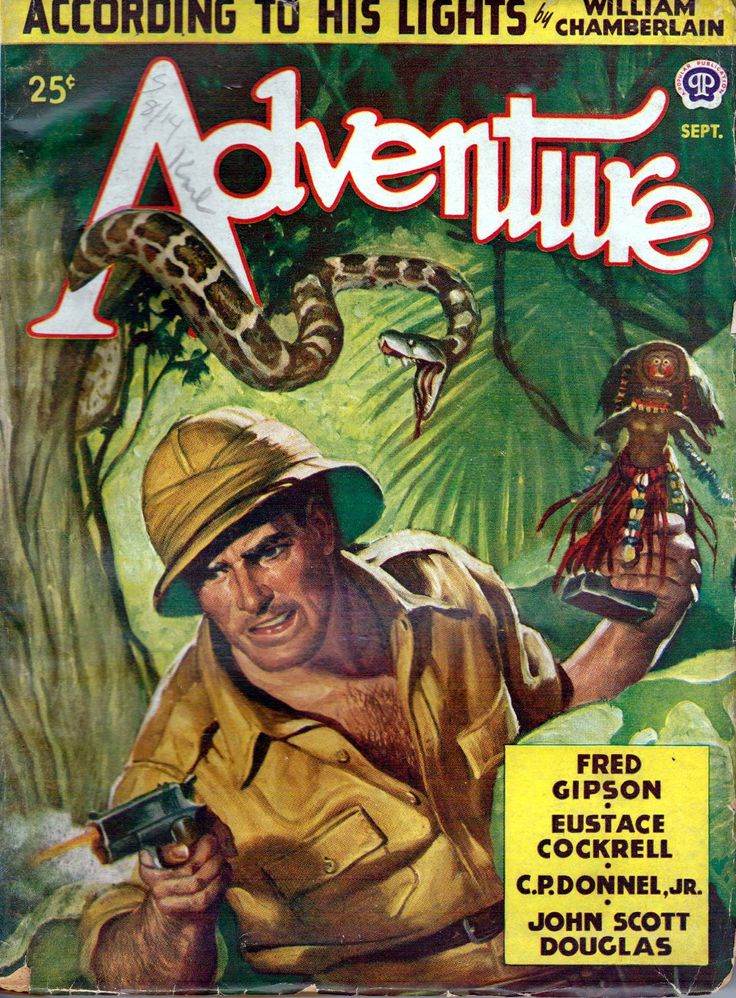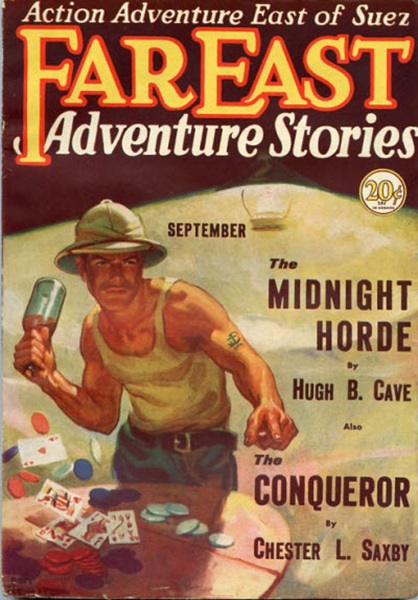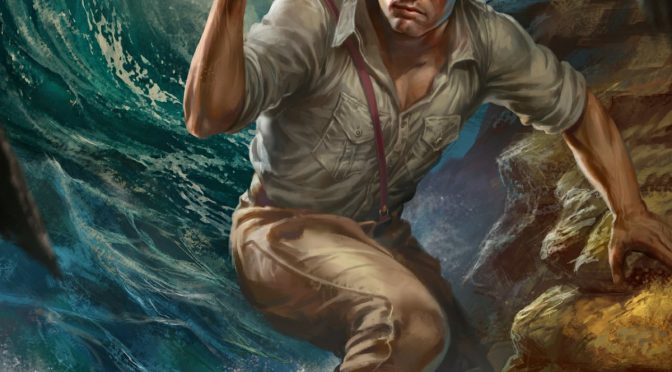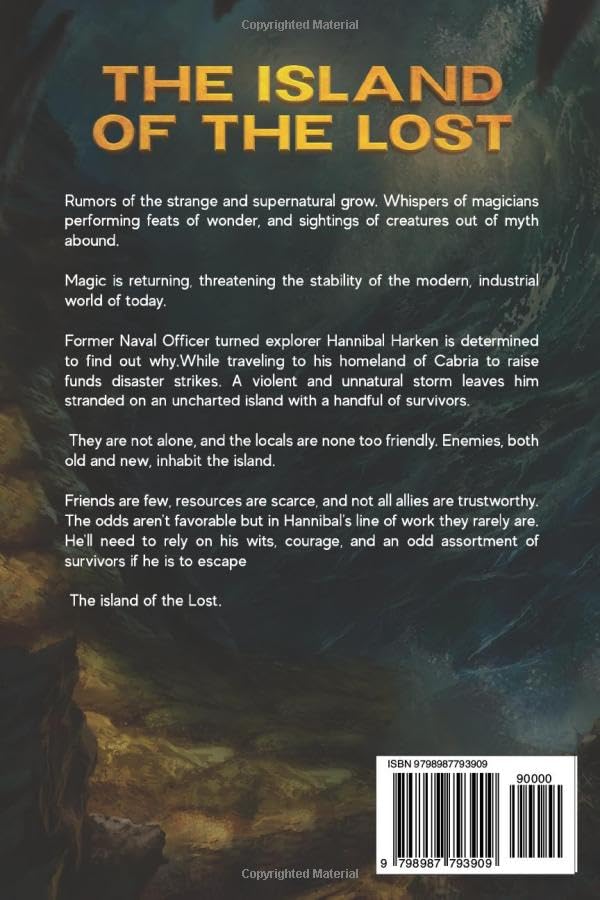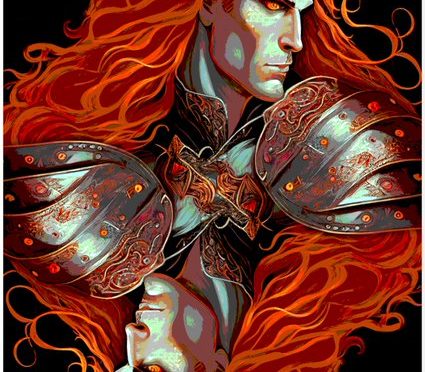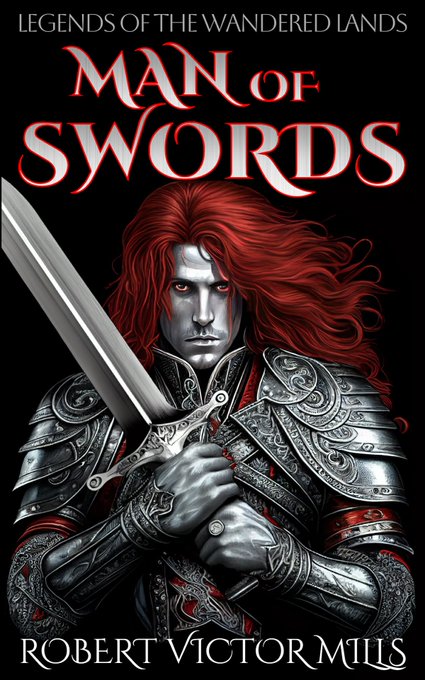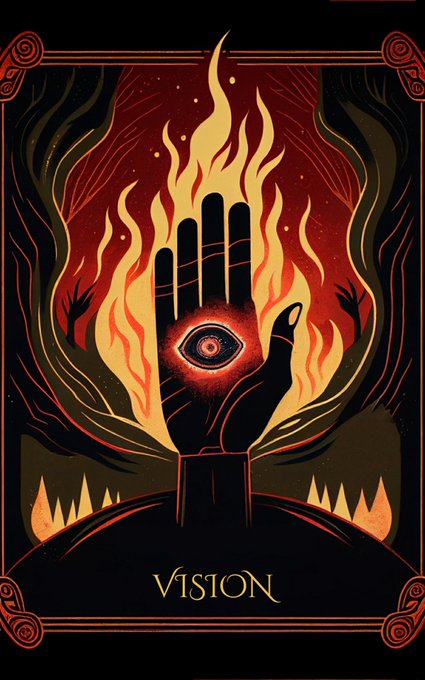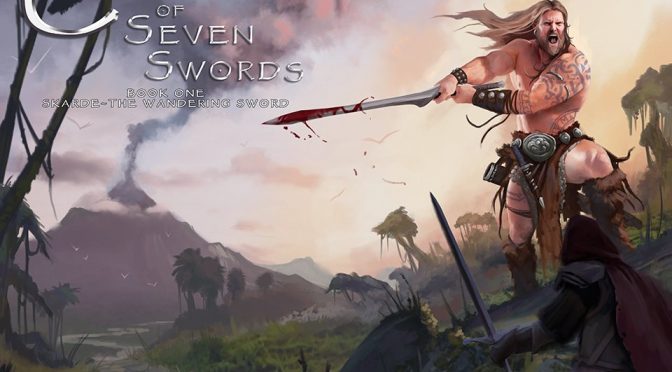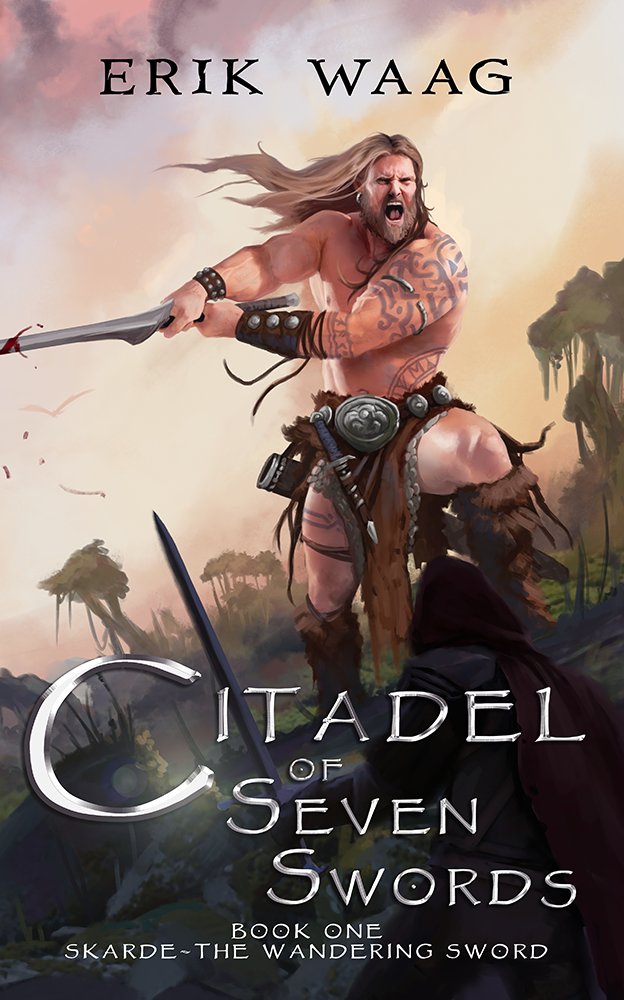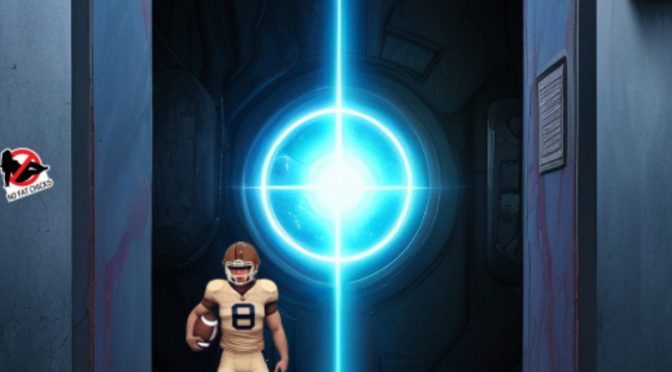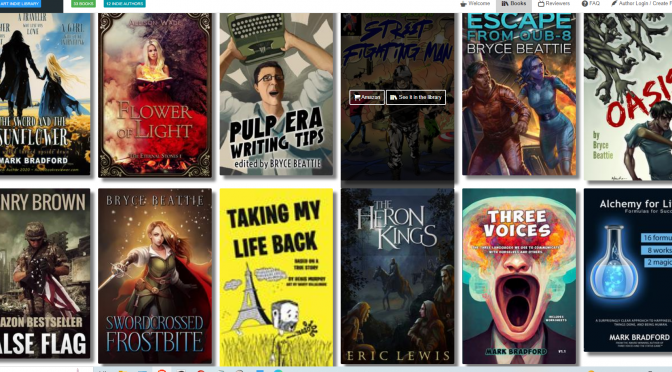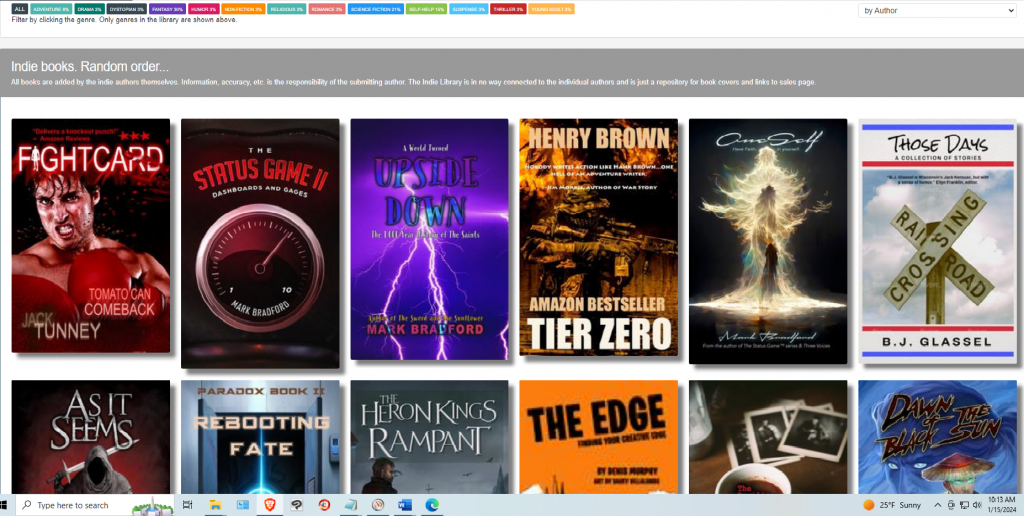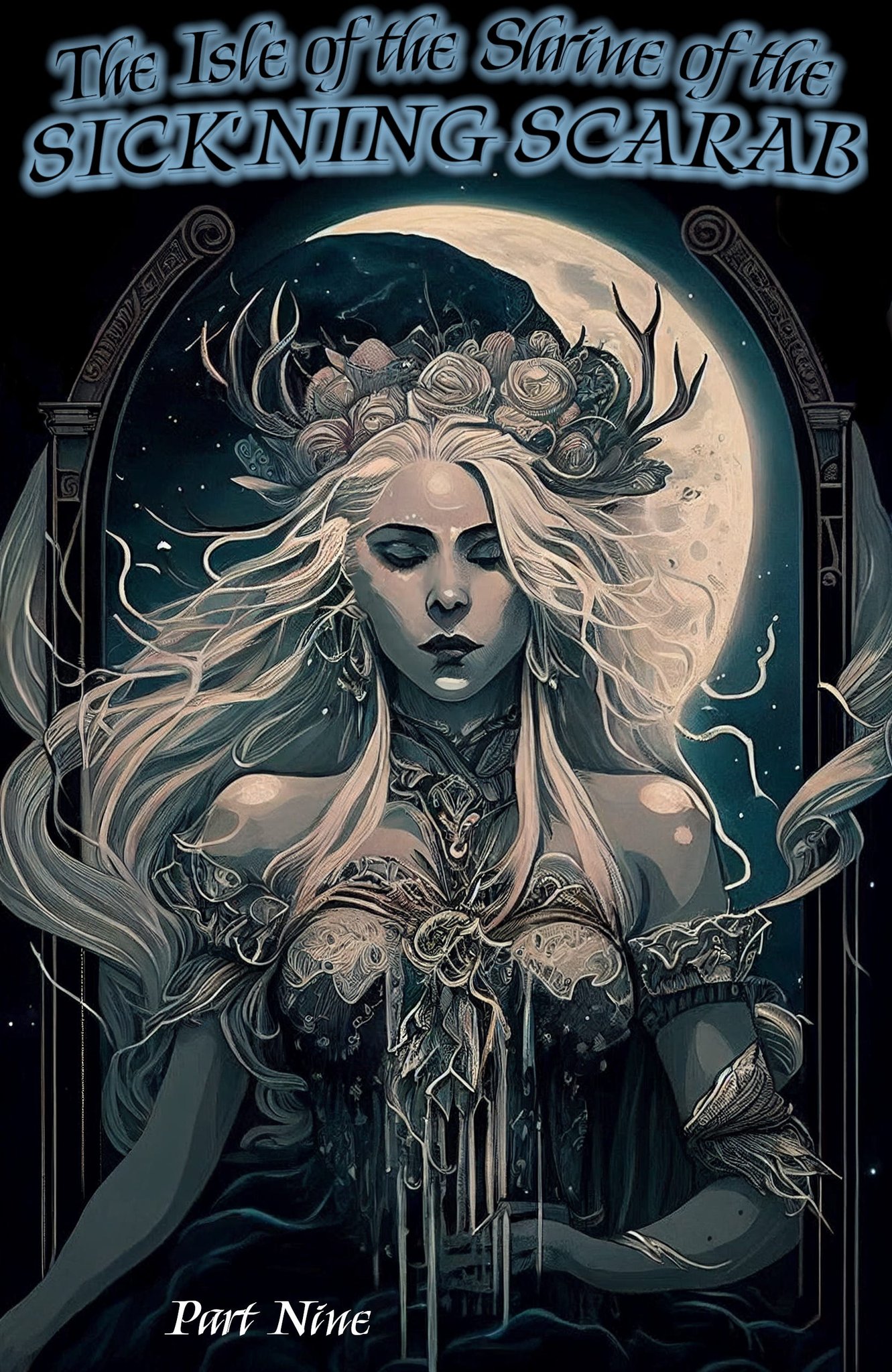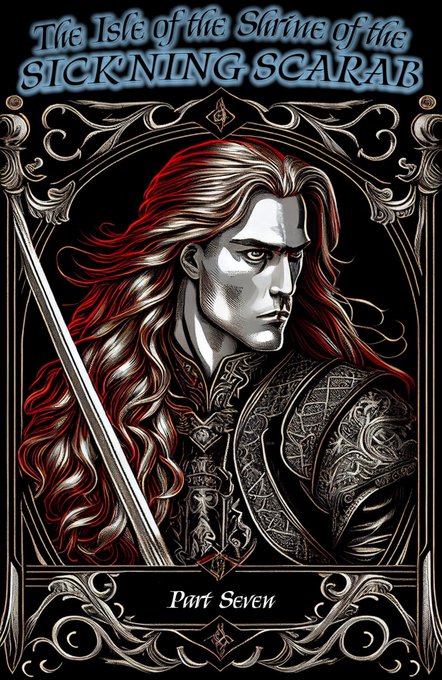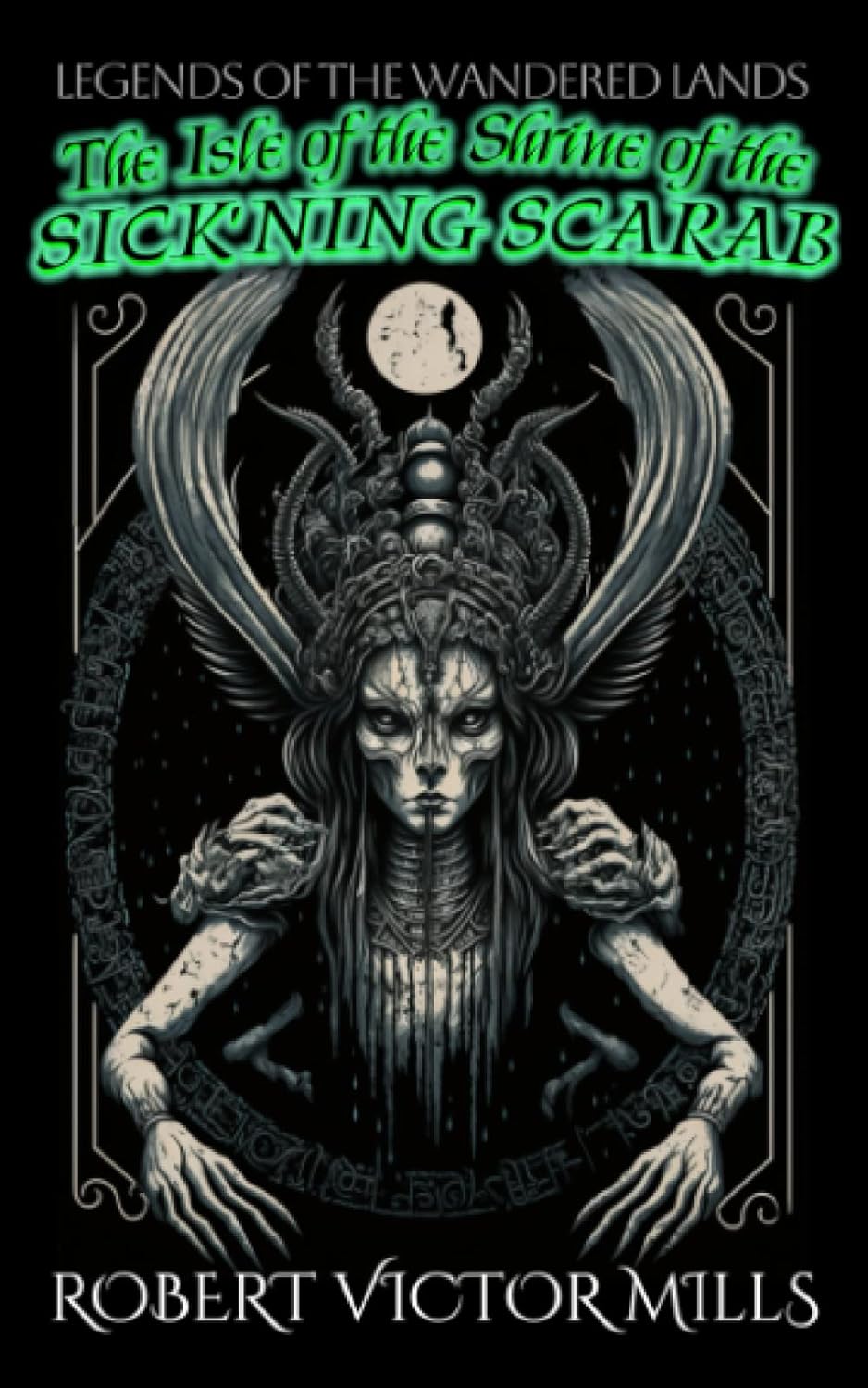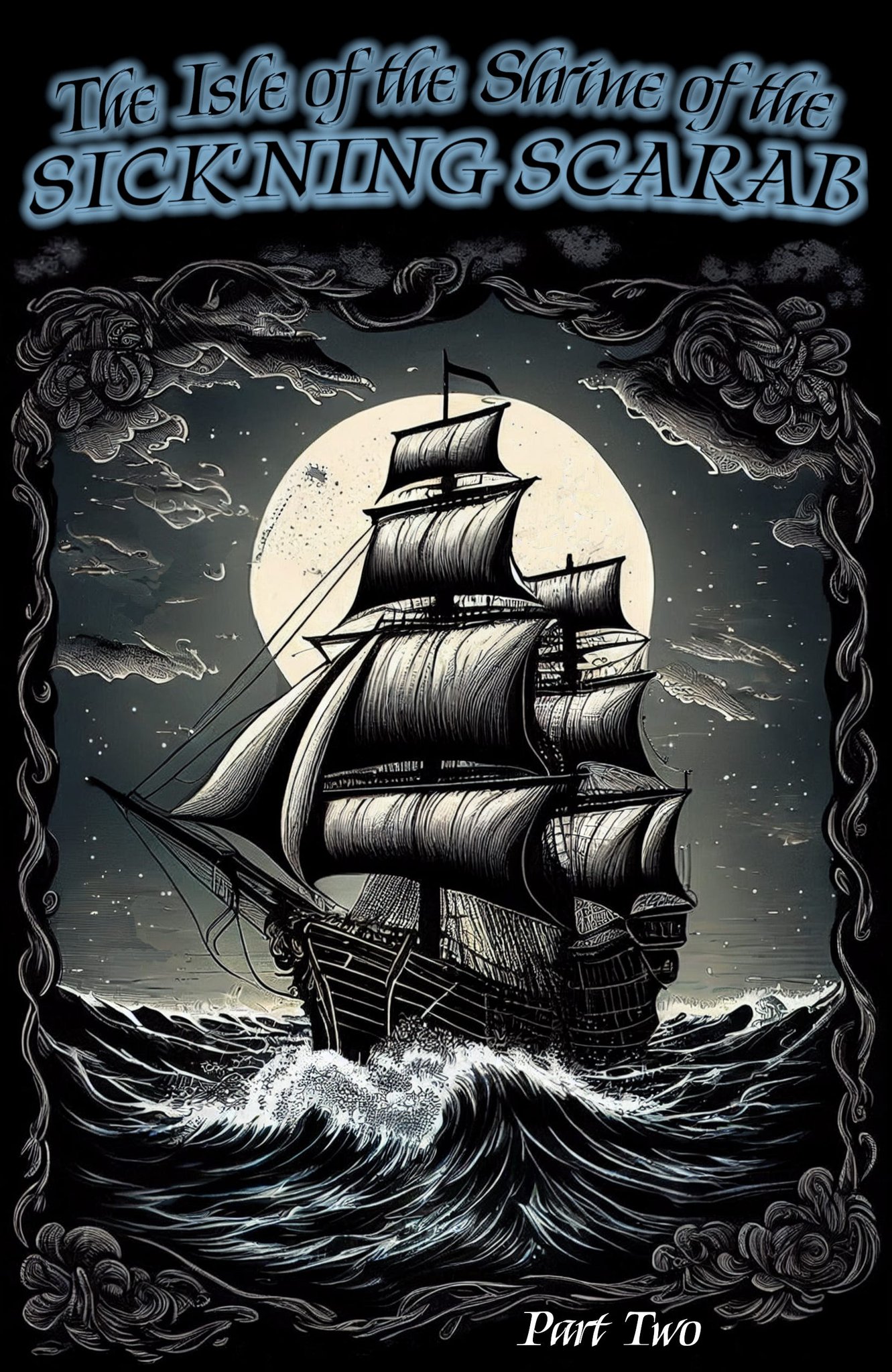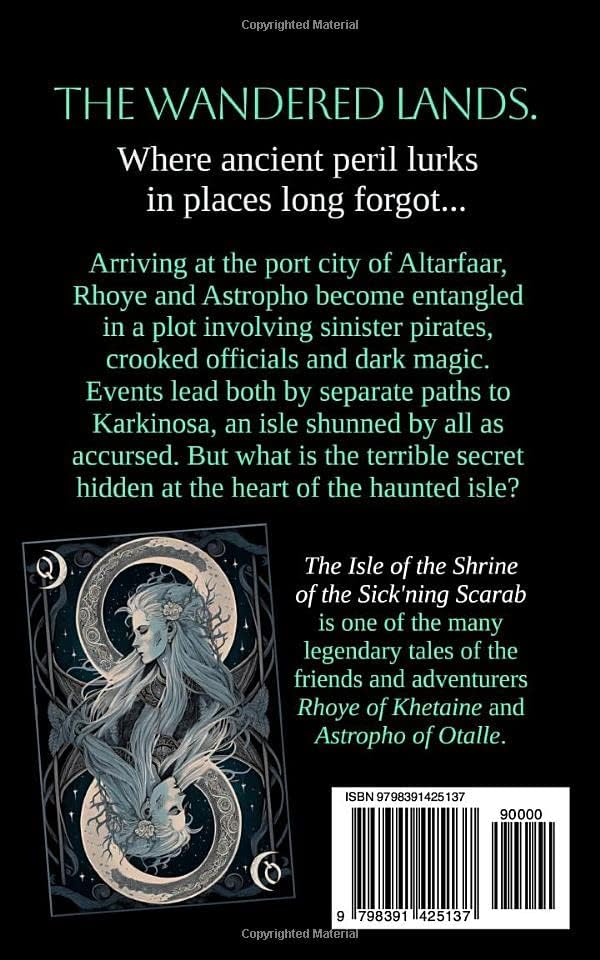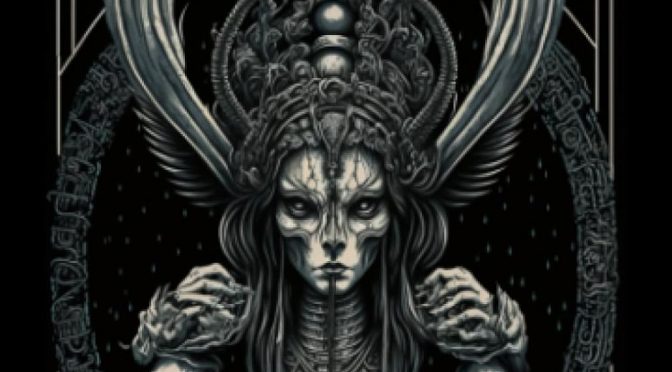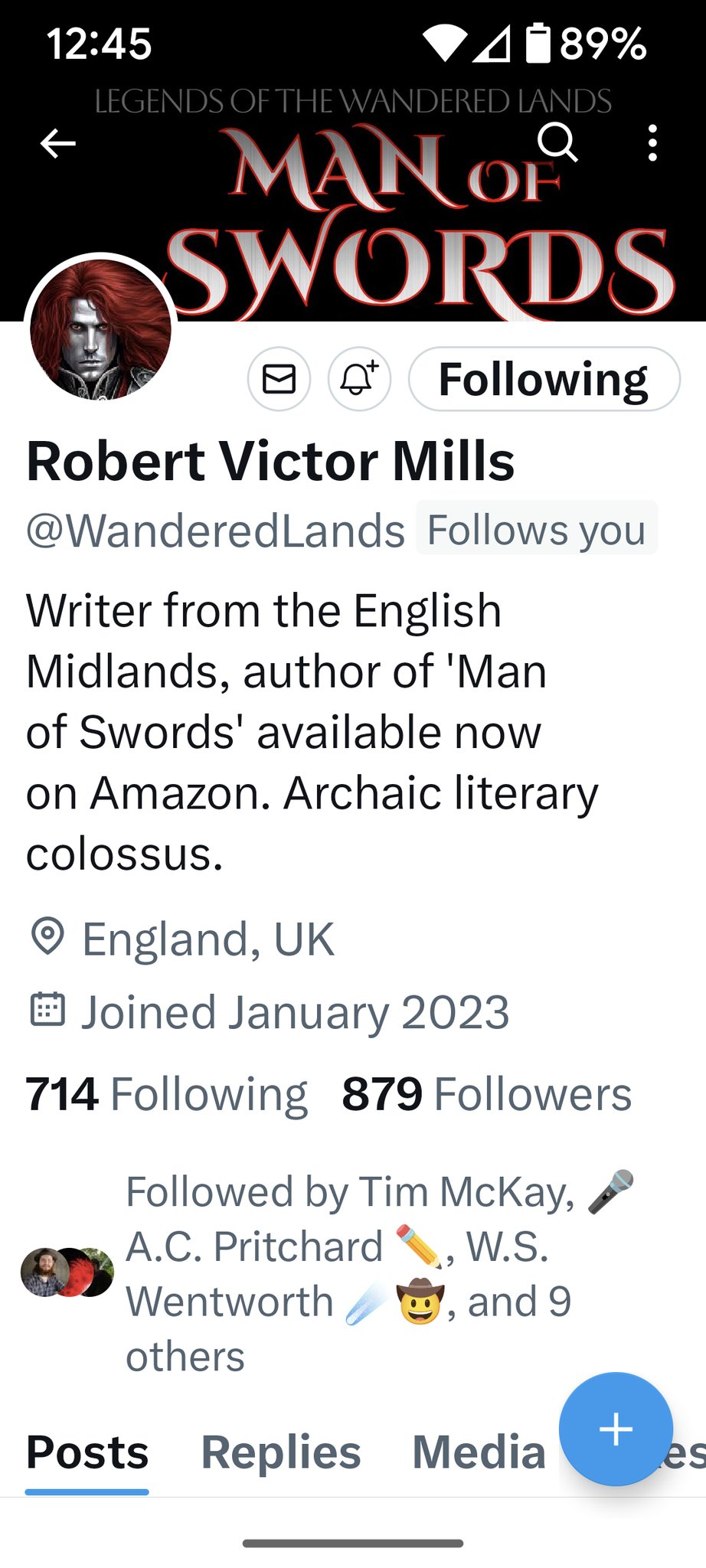I blogged about my decision to break Paradox into a series. I thought of the idea literally years before I committed to doing it. The cause of my reluctance was my compulsion to spin one self-contained, stand-alone saga with time travel, babes, action, football, and nuggets of wisdom for boys and men, and that’s what my rough draft was.
Having made the commitment to make it episodic, I then had to tweak the respective episodes so they wouldn’t read like literary fragments with no context. So each episode had to have it’s own story question, and it’s own wrap-up. But I didn’t want to contrive some kind of cliffhanger to end every book on. A cliffhanger here and there is fine, can even be good, but when they’re forced over and over again, I think it’s weak storytelling. Remember: I’m a reader, too. I bought a virtual “box set” once, with every book ending on a cliffhanger. I thought it was manipulative and annoying.
Anyway, I had to tweak stuff here and there, re-explain stuff from previous books, add on to first chapters, and in some cases write new chapters to fit this episodic format.
Book One (Escaping Fate) ends after the still-preadolescent protagonist gets a new identity, a new family, new “home” coordinates in the time-space continuum, and is about to begin his new life. In the mammoth-sized rough draft, the next plot point is that he starts that new life. But now I have to tell that part in a different book. What if A new reader picks this one up first for whatever reason? What if a reader finished Book One, but there’s been a delay in between and some of the details are fuzzy in his memory? This chapter was written to guide those readers into the new episode:
My Spanish wasn’t good enough yet to follow such a rapid-fire conversation, with advanced vocabulary. Still, I wouldn’t characterize it as an argument.
Mami sounded confused, sad, and worried. She never argued with Dad—at least that I ever saw. Dad took good care of her, and she was easy to please anyway. Whatever disagreements they might have had must have been resolved quickly and respectfully, because they were never angry with each other. But that morning she was distraught, and pleading, while Dad was resolute and unmoving.
I stepped outside the adobe hacienda into the warm California air and the scent of citrus. I’d never seen Mami unhappy and didn’t know how to handle it. As much as I would have liked to restore her to her normal happy state of mind, this was grownup business and I had no jurisdiction, I strolled into the nearest row of orange trees. Quick as Tarzan, I climbed my favorite tree up to the highest branch that would support my weight. Normally I would read a comic book or one of Dad’s pulp magazines at my normal perch. This time I just took a seat and swung my feet back and forth.
I had witnessed more than my share of grownup bickering, and preferred to be somewhere else when it took place. Back in 1988 St. Louis, my biological parents argued just about whenever they saw each other. It wasn’t all that often, so I was thankful for that. Evidently they could only put up with each other long enough to make a baby. I guess it was all downhill from there.
When the Erasers murdered my biological family, I was shocked and sad for a while, but I didn’t miss them—except for Abel, my younger half-brother, sometimes.
I shifted my gaze from the huge, flat-roofed adobe structure over to the fake barn that housed Dad’s “Temperature Wheel”—the ingenious engine that turned the generator which powered the estate. To the south of both structures was a separate, enormous building with multiple garage bays. Some were garages, some were aircraft hangars. Dad kept them all under lock and key, not so much because thieves might find their way to the Orange Grove, but because some of the vehicles he stored there had not been conceived or manufactured yet.
Before I get too far along, I should probably explain that “Dad” was really my Uncle Simon. Even before my rescue from the time-traveling assassins who erased the existence of my family, my uncle had lifted me out of a pretty bleak childhood. It wasn’t him who saved me from the Erasers, though. That was one of his doppelgängers. Yeah—it gets confusing.
And no, the little Mexican woman inside the house wasn’t my biological mother, either—though she was my real mother, so far as I was concerned.
They came outside, now, Dad’s arm around her shoulders. She looked to the left, then the right, and called out, “Pedrito?”
“Ya viene, Mama!” I replied, scrambling down the tree.
I hit the ground running toward her. She wiped her eyes and spread her arms, leaving Dad behind by a few paces. When I reached her, she embraced me with the warmth and affection I had become addicted to in a short time. I hugged her back and she planted kisses on my forehead.
“Oh Mijo, I mees you already!” she cried, giving me an intense squeeze. She let go and stepped back, taking my hands and meeting my gaze. Her brown eyes were glossy and edged with sadness. She switched to Spanish, but spoke slowly so I could follow. “Don’t ever forget that this is your home, Pedrito. Don’t ever forget that I love you and I am here for you. If you ever need anything, come home.”
“Dad says I’ll get to see you every weekend, Mamita,” I said.
“Don’t act like such a grown man—weekends are not enough! This house will be so empty without you, my precious one.”
I didn’t know what to say. I wanted to stay here with Mami anyway, but Dad was sure he had a better arrangement.
“I love you,” she said.
“I love you too, Mami,” I said.
I knew nothing at all about love, with this one exception: I loved her. She was the best mother anyone could ever hope for. Were it not for football and Gloria Benake, Dad would have had to pry me away from 1934, and this woman.
Football.
Just months ago (in relative time) I had been indifferent toward the game. Now it was my obsession. Not just because it was simulated combat—although I did like that aspect of it. There was something else about it that appealed to me which I couldn’t identify. It was more than a game. More than a sport. On a football team you were part of something. I had never been part of anything.
I wasn’t great at punting or kicking, but I had good hands and could catch the ball if it came anywhere near me. I could run the ball too. And when it came to passing, I could really sling that pigskin. I thrived on solving the tactical problems presented by the other team. My instincts led me to call the right plays in most situations. A shoo-in for quarterback, right?
But my Achilles’ Heel was my leadership ability…or lack thereof. Dad had broken the bad news to me that I was a loner, not a leader. I had bristled at this pronouncement, but he was probably right. I had been alone more often than not as far back as I could remember. I had pals at school, but never really any deep friendships. Nobody in my biological family valued my company. I was alienated back in my old life, and socially inept, for lack of healthy models to emulate. When very young, I hated my isolation. By the time Uncle Si/Dad came into my life, I had come to prefer it most of the time.
Without much experience functioning in a group, and an acquired disinterest in such, of course I was clueless about how to lead one. So I wasn’t a natural leader, by any sober evaluation.
My desperate hope was that leadership could be learned.
Dad and I watched movies together, periodically. Typically we watched them twice in a row, playing armchair anthropologist. I didn’t say much on the second viewing, mostly listening to Dad’s analysis. He pointed out specific human interactions and compared them to what happens in real life. If they were realistically depicted, he would pass judgment on how smart, right, and/or effective the characters’ words and actions were. I learned a lot from his commentary about group dynamics while watching war movies. I had learned some leadership principles already, just in the months since I had come to know him.
Maybe I could rebuild myself. If I learned the lessons Dad was teaching me, perhaps I could be a part of something great. Maybe I could become a great quarterback—and not just in my own mind. I wanted to rise to the level that coaches, other players, people who watched games…they would recognize not only that I was part of something, but I was also great at something. Something I loved.
Normally, I was as uninterested in validation as I was in social interaction. But I wanted validation in this one area. I wanted it bad.
Dad and I climbed into his big Duesenberg roadster and drove off to start a new life, while Mami stood in the drive, waving goodbye.
The warm wind pulled gently at my hair as we drove down the long gravel driveway. When we were no longer within sight of Mami and the house, Dad opened a panel on the dashboard, cued up our new coordinates on the warp interface, and initiated the jump.
“Jumping” through a dimensional warp to different space-time coordinates gives you the sensation of driving into a swirling vortex that swallows up all sight and sound for a moment. When your eyes and ears latch back onto what seems normal, you’re somewhere else, somewhen else.
In this case, we were on a lonely road outside Bakersfield in 1953.
The road took us to a warehouse Dad owned in a burgeoning industrial park, where he swapped the Doozy for his hopped-up ’41 Willys. We drove that into the residential neighborhood where Dad owned a typical middle class home with front-and-back yards.
“I’ve been thinking about the Big Spooky,” I said, now that the wind noise didn’t interfere with conversation.
“Oh yeah?” Dad replied, eyebrows raised. He was the first adult I remember ever taking an interest in what I thought about anything.
“What if it has something to do with the Erasers?”
He already looked skeptical.
The Big Spooky was something he introduced me to during our summer vacation. At certain coordinates, I would feel an overwhelming sensation of dread for no apparent reason. It always felt momentous, or tumultuous. Sometimes the flavor was downright repulsive. Other times, it had an almost seductive quality. Dad had encountered it before and conducted an impromptu experiment to see if I felt it at the same times and places he did.
“Hear me out,” I said, “okay? The government covered up whatever happened in Roswell in 1947. Right? Wouldn’t the Erasers want to cover it up, too? I mean, if somebody was able to get the story out about what really happened, that could cause a split in the timestream. So the Erasers have to wipe out whoever had the real story, witnesses, and whoever else knew them. And we feel the Big Spooky there because of the deaths.”
Dad didn’t say anything right away, so I pushed on.
“Same thing at Jeckyll Island. Somebody found out what they were doing, and was gonna blow the whistle. Boom. In come the Erasers. That’s the obvious conclusion for the JFK assassination, right? The Olympiad? I mean, the Nazis had all kinds of secrets that could have split the timestream if the world found out what they were planning before the war even started. And maybe there was some technology that couldn’t be shown at the World’s Fair. If it had, it might have led to a split in the stream, so the Erasers had to kill off whoever would have introduced that tech..”
Dad sighed, but kept his tone bright. “I don’t think so, Sprout. I’ve been around enough death to know that, by itself, it doesn’t cause the Big Spooky. Was the Big Spooky there at the trailer park when the Erasers got your relatives?”
Anybody else would probably have avoided mentioning the murder of my biological family, assuming it was too sensitive a subject to broach. But Dad was painfully blunt—especially with me. Also, it often seemed he could read my mind, so it was no surprise he somehow understood that he could broach the subject now without triggering a flashback or traumatic breakdown.
I had been returning to the trailer from my daily run when my big dumb German Shepherd started going nuts. She was not very vigilant or protective, for a dog, but she knew something was wrong that day. I finally realized it, too, when I saw my biological mother’s body being carried into what looked, on first glance, like a hole in reality. I couldn’t see what was carrying her at first, but after a moment I noticed the visual anomalies all around the trailer. Then I saw Abel’s body folded at the waist, arms and legs dangling. He bobbed up and down as one of those patterns of distorted light carried him toward that hole in reality.
The Erasers, and their vehicles, were cloaked by an active camouflage similar to what “the Predator” wore in that Arnold Swarzenneger movie from a couple years ago.
Years ago? It was all decades in the future, now.
Anyway…the “hole in reality” was just an open cargo door in one of their camouflaged vehicles. After the hit was executed, the assassin team were disposing of the bodies. Erasing people from existence. They murdered my biological family, and my poor stupid dog, trying to kill me.
I puffed my cheeks and told Dad, “No, you’re right.”
He flashed me a sidelong grin and backhanded me playfully in the chest. “You’ve got the brain of an engineer. Can’t help but try to figure stuff out.”
He turned onto the street where my new home awaited. A middle-aged mailman walking on the tree-lined sidewalk with a canvas sack slung over one shoulder waved cheerfully at us as we passed. Across the street, two young mothers who had been pushing baby strollers in opposite directions on that sidewalk were having an animated conversation with each other. Both their smiling faces turned toward us and they waved, too, before resuming their discussion. Further down the street, a man, perhaps in his 20s or 30s, was playing fetch with a fuzzy little dog in an unfenced front yard, apparently having a great time.
Now I understood how Marty McFly must have felt in that scene from Back to the Future when he first sees his home town as it had been in the 1950s. In relative time, it had been months since my reality had been immersed in that St. Louis trailer park in 1988. But the radical contrast between that and this world that previous generations knew (and took for granted) still left me flabbergasted. I half-expected all the doors of those nice, clean, middle-class houses to slam open and an army of the undead emerge. The friendly, carefree people who waved to us would shapeshift into bloodthirsty monsters who would converge on us and drag us, screaming, from Dad’s car.
Dad’s expression turned solemn. “Remember our conversation, Sprout: the Erasers are looking for you. It’s a vast continuum, and they’re not sure where you could be hiding. You should be safe at these coordinates, so long as you don’t do anything to draw unnecessary attention. What’s your name?”
“Isaac,” I replied. “Peter is my middle name, now.”
“Okay,” he said, nodding. “What’s our last name?”
“Jaeger.”
“Who am I?”
“My dad.”
“Who is Angelina?”
“She’s my mother.”
This was a sore point with me. Dad lived different lives at different coordinates, and in each life I knew of, he had a different woman—or “spinning plate” as I had come to think of them. I considered this to be unfaithfulness to Mami by him. By extension, me accepting this arrangement with another woman as my mother made me feel like I was being disloyal, too. I didn’t need any mother but Mami, and believed Dad shouldn’t need anyone but her, either.
“Good,” he said. “Make sure you always call her ‘Mom,’ and think of her that way. She’s a nice lady, so give her a chance.”
I nodded, not saying anything, lest it come out as a grumble.
“I’m really glad you and Hortensia think so highly of each other,” he added. (Hortensia was Mami’s name.) “And I’m sorry for how confusing this might be. But trust me: it’s necessary. You’re gonna live the best possible life this way. And I’ll make sure you get to spend time with her on the regular.”
I nodded again and he seemed satisfied.
“Stick to our cover story any time somebody asks you a personal question,” he reminded me. “We’re just normal people, with normal problems and normal aspirations. Copy?”
“That’s a good copy,” I replied, using the lingo I had learned from him.
Our house looked very similar to all the other houses in the neighborhood. He braked the Willys to a stop just past the mailbox, then backed it into the concrete driveway. He didn’t park it in the two-car garage because that was currently occupied by the Auburn Speedster and a Packard sedan.
As we got out of the Willys, the front door opened and Angelina appeared, grinning and greeting us in a thick Sicilian accent. “My two handsome boys are finally home!”
She was dark like Mami, but not as short, and without as much padding. Despite my resentment of her, I recognized she was beautiful. And even with an apron on over a simple house dress, it was obvious even to my pre-adolescent self that her body was, frankly, perfect.
She rushed over to meet me halfway and embraced me. “I’m so happy to see you, Isaac. Just wait to see what I have for you in the kitchen!” Despite the accent, she seemed to be comfortable with all the typical American colloquialisms.
Honestly, she was a sweet lady, like Dad said. She had no knowledge of Dad’s other lives, or Mami, so it wasn’t fair of me to think of her as “the other woman” trying to steal Dad’s affections away from their rightful recipient.
“Good to see you, Mom.”
It wasn’t that hard to say, after all.
She released me and turned to Dad. Their embrace was of an entirely different character. I averted my gaze, not wanting to see them play tongue tag.
They went inside holding hands, and I followed.
***
Bakersfield, California had just suffered an earthquake the previous year. Many houses had been damaged, and some destroyed. Real estate prices had dropped as a result. Developers rushed in to buy up land, promising to rebuild the town even better than it was before. Dad was one such developer.
We had met the Benakes at a campground in 1947, during summer vacation. Dad and Mr. Benake had a long conversation while I was developing an intense infatuation with his daughter, Gloria. Benake spoke of property values and investment opportunities around California. Dad did some research and decided Bakersfield, right after the earthquake of August, 1952, was when and where to buy property. He bought a lot, for cheap—including warehouses, restaurants, and several lots right in this neighborhood. He was raking in “passive income”—rent, mortgages, retail profits, and was working toward buying controlling stock in the phone company.
The Benakes, who were from Oakland, apparently found the opportunities in Bakersfield too enticing to pass up as well. They moved here a couple years before the earthquake—not having Dad’s advantage of temporal flexibility.
During Dad’s reconnaissance of the area, I had a chance to do some scouting of my own, and found the town idyllic. It turned out the kids I had met at the park would be schoolmates (except for Gloria, who was one of the “big kids,” in high school). They all lived in the same neighborhood I now did.
I didn’t appreciate it at the time, but most families at these coordinates were either able to buy a house outright, or pay it off within a few years. That was pretty rare where/when I came from. Even my mother’s shabby trailer back in St. Louis was a rental. So far as I knew, neither my biological mother nor father ever owned a home.
What really surprised me was how nice that Bakersfield neighborhood was—despite being inside the city. I thought only the suburbs could be this nice. Dad told me slums were the exception instead of the rule, in the 1950s.
There was no crime to speak of in Bakersfield. Every house had a well-tended lawn and back yard. The picket fences were more to keep toddlers contained than to keep other people out. The mail man and milk man seemed to know everybody by their first name, and performed their jobs cheerfully. Once in a great while a cop would come through the area, in a car or on foot—and even they were friendly. Kids could play in each other’s yards, or on the streets, and easily obtained parental permission to wander around or go to a store, and there was no fear that a kidnapper or some kind of sicko would nab us. To hear some of the mothers talk, the world was much more dangerous than in previous times…but it sure didn’t seem dangerous to me.
What really impressed me was how courteous, considerate, and respectful everyone was to each other. I had never seen that. The neighbors I’d had in the future were antagonists, busybodies, junkies, or thieves.
Ronny’s family were the only blacks in my new neighborhood. They kept their home nice, like everyone else, were neighborly, and shared the common values, so far as I ever saw. They fit in, despite how often I’d heard what a racist dictatorship America was back in the dystopia of the postwar era, where lynching blacks was a more popular pastime than baseball.
I’ll never forget the first time I witnessed the Pledge of Allegiance at school. I didn’t know what was going on, but I stood up like all the other kids, and approximated the same pose, as they recited words I wouldn’t memorize until later:
“I pledge allegiance to the flag of the United States of America
And to the Republic for which it stands:
One nation, under God, Indivisible, with liberty and justice for all.”
Ronny recited it along with the rest of the class, and seemed no more irreverent than anybody else was. In the world I came from, we were conditioned to believe America was racist, greedy, exploitative…the cause of all the world’s problems. All of us were influenced by the anti-American narrative, but especially blacks and other minorities. They hated white people in general, but especially if you said or believed anything positive about our country. This pledge honoring a republic under God was a real stunner. The culture in 1953 actually encouraged Americans to appreciate their country, and freedom. Americans of all ethnic backgrounds seemed to do just that.
There were a couple times I heard somebody make a racist crack about Ronny. Once it might be something about watermelon. Another time it might be purposely mispronouncing words to approximate stereotypical black speech. Another time it would be a comparison of Ronny to somebody else of the same color—like Buckwheat from Our Gang or Rochester from the Jack Benny Show. The kind that seemed to be the hardest for Ronny to ignore was somebody humming or whistling “Swanee River” when he made an entrance. Sometimes even his friends would do it. It angered me, but Ronny would just shake it off and go on. However, one time I spoke up.
“Hey, don’t talk like that. That’s not cool.”
“What?” the other kid protested, innocently. “I’m just joshin’. Ronny knows I don’t mean anything by it.”
“If you don’t mean anything by it, then don’t say it,” I said. “Words mean things.”
“Who do you think you are, Slinger?” I’ve known him longer than you have. Right, Ronny?”
(“Slinger” was the nickname I originally introduced myself with to these boys, after a recently famous quarterback: “Slingin'” Sammy Baugh. They often pronounced it with a derisive tone, due to what they considered my lack of humility, I guess.)
Ronny flashed a grin and shook the kid’s hand, so I let it drop, surprised and disappointed.
When I reflected on it, I considered Ronny’s position. He wasn’t trying to embarrass me after I stuck up for him—he was wisely defusing the situation. If such confrontations became ugly, they might devolve into some kind of black vs white conflict—in which case, he would be completely isolated and outnumbered.
The cracks and jokes stopped after that for a while; but then the habit began redeveloping. Whenever it happened after that, I simply began making fun of whoever did it. I zeroed in on superficial characteristics that the person had no control over—like freckles, big ears, a stutter, a lazy eye or a big nose. I would be relentless for the rest of the day—sometimes getting downright nasty in my harassment of the perpetrator. Ronny never participated in that. But one day we were both the first ones in the locker room for practice, and he made a point of shaking my hand.
“Be cool, Slinger,” Ronny said, with no irony in his tone. “Maintain an even strain, okay?”
That comment puzzled me the more I thought about it. I guess he was warning me to be careful not to make too big a deal about all the little backhanded slurs.
Still, our circle of friends caught on after a while. We all liked Ronny, and thought of him as one of us, but young kids can be superficial and cruel. Guys like Ronny were just natural targets for superficial cruelty. I had been on the receiving end of prejudice in St. Louis, and would always remember the unfairness and ignorant tyranny of it.
***
I got to know Kip, Charlie, Ronny and the rest of the gang pretty well. When pressed for my real name, I gave them my new identity details. As we grew closer over time, “Isaac” would be shortened to “Ike.” Some of them still called me “Slinger” when they were feeling buddy-buddy, or when I’d thrown a good pass in a game.
I got used to it. Like Dad said, Ike Jaeger was a big improvement over Pete Bedauern. Also, it drew a connection between me and the president of the USA: Dwight D. “Ike” Eisenhower, who was popular with a lot of people. If popularity was part of what it took to become a great quarterback, then I’d accept any help becoming popular I could get.
We played more sandlot football, but had a lot of fun together doing other stuff, too. We took trips to the soda shop (a popular hangout for kids of every age, though high-schoolers seemed to have a monopoly on the stools and tables), the record store (Dad bought me a period phonograph and pretty much all the records I asked for, so I made it my mission to learn and keep up on all the popular music of the time), the YMCA, and the hobby store.
My new friends and I talked about sports, comic books, radio shows and, increasingly, girls.
Like me, few of the boys knew that much about the subject. To us, sex was about breasts and lips. I suspected there was more to it than that, but I didn’t think about it that much, and didn’t yet have an appreciation for all the steps to that primordial dance. There was so much fun to have, usually it took a sighting of Gloria to get me obsessing about “sex” (breasts and lips).
It was a fantastic summer, but came to an end too quickly.
***
Once school began in Bakersfield, I was grateful that I knew some of the other kids, already.
After the first day of class, I brought the football permission slip home, assuming Dad would just sign it without fanfare.
Instead, I had to endure a health lecture before he would sign. He said it was related to the earlier lecture he gave me about life paths. Just as foolish decisions I made could put me on the wrong path through life, so could seemingly simple mistakes on the football field.
Me and other boys were growing bigger and stronger by the day, Dad explained. Serious injuries could occur now from collisions on the field that wouldn’t have broken anything when we measured at smaller proportions. It all had to do with mass. He wrote the equation out for me. Then he warned me about scrimmage drills at practice. I might wind up playing a position that required tackling—so I needed to do it right every time to avoid getting hurt. He took me out to the back yard and demonstrated how to deliver hits in football, then had me mimic the techniques. After training me how to tackle correctly, he commanded me to always do it that way—even if a coach wanted it done differently.
He said my physical conditioning was already more than enough for football, but he went on at length about eating habits before a game, and the importance of staying hydrated.
I doubted if any other boys had to go through all this to get their permission slip signed. It also told me Dad didn’t consider me a natural at the game. If I could ever get him to believe I was a great player, it was a cinch I had finally arrived.
***
I tried out and made the football team. Kip, Ronny, Charlie and Fredrico were on the team, too. Six had been my jersey number on the Bulldogs, so that was the number I asked for at Carson. The coach said somebody else had it, and threw me a jersey with the number eight. That was my number, now.
I was still far from an expert on the game, it turned out. I had never quite seen the kind of football practiced and played under Coach Filbert. He deployed a “single wing” offensive formation, which made for a run-heavy game, based largely on trickery—much different from what I’d watched and played. But at first I didn’t even get to play on offense. He had me in the defensive backfield, second string.
My fortunes changed one day in P.E. Filbert was the P.E. teacher, and on Fridays, if we behaved ourselves, he’d let us spend the period playing a game. On that day, we played a game with some similarities to “flickerball.” My team trounced the other one, because whenever I got the ball, and no matter how far I was from the goal board, I could lob a perfect spiral right through the center of the hole. At the very next practice, he had me try out for wingback. Apparently, in a single wing, anyone in the backfield could run or throw a pass…and the quarterback threw more blocks than passes in that offense. I was too small to be the fullback, but I could catch well. I was hard to tackle; and now Coach Filbert knew I could throw the ball a long ways, with accuracy.
The pads were skimpy and the helmets had no face masks. The uniforms were dorky-looking hand-me-downs and the numbers were random. But I was a real football player, now. Dad bought me a pair of cleats that fit well, and boy, could I juke and cut with those on. It amazed me what an advantage a good pair of cleats could give a player. I felt like John Riggins with those cleats on.
***
Classes in school were different from what I was used to. Teachers were strict, and their expectations were high. Goofing off in class resulted in a visit to the principal’s office, or swats with a wooden paddle—for everybody, not just white kids. Not finishing homework or studying for tests could get you flunked. I squeaked by in history, because I’d been studying parts of it at BH Station. Math and science were my strong subjects, so I held my own in those, and I was competitive and in terrific shape, so P.E. wasn’t any problem. But English was tough and civics seemed useless. I had to push myself just to maintain a B average.
Whatever my day-to-day concerns, I tried to keep my situational awareness sharp, as Dad had emphasized. The Erasers could come for me at any time. It was “standard operating procedure” (another of Dad’s terms) that they strike with no warning, and when their victims least expected it.
UPDATE: This book is published! Click here to buy on Amazon.
Click here to buy anywhere else.

